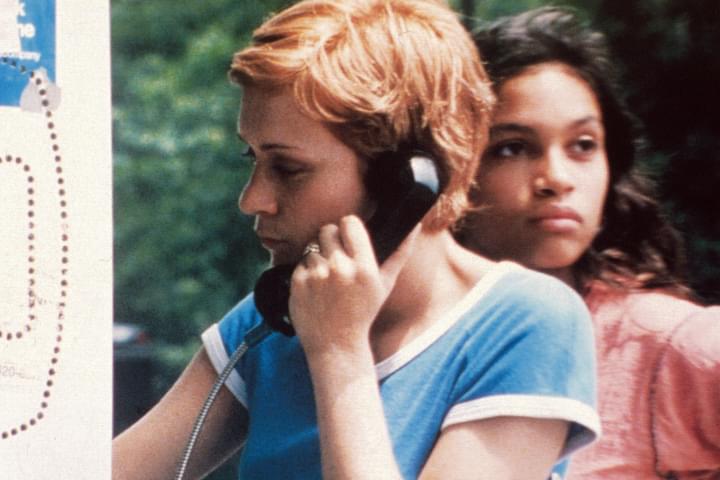Does Classical Music Make Your Baby Smarter?
It's an exciting time when you find out you're pregnant. So many thoughts go through your head about who the little person inside you will grow up to be. As a parent, you want what's best for your child, even before they're born, so they can have as many opportunities in life as possible.
There are many different ideas and myths about taking care of your child in utero, one of which is playing classical music. You may have seen mothers with headphones wrapped around their bellies, but does classical music make your baby smarter?
THE MOZART EFFECT
A group of 36 students at the University of California did a study in the early 1990's where they listened to a Mozart sonata for ten minutes before taking an IQ test. Apparently, the study showed that after listening, the student's score improved by an average of eight points.
Though the psychologists involved in the study claim that the results showed that certain tasks were improved, it instead was misconstrued and the general claim that "listening to Mozart makes you smarter" was born.
From there, someone somewhere decided if that was indeed true, parents may as well get a head start and make their unborn babies listen to classical music so that they become geniuses before pre-school.
ANSWER
Many studies have been done on fetuses and newborns, and while the conclusions are not completely cut and dried, most professionals agree that playing classical music in utero does not make your baby smarter.
There were some interesting findings as a result of these studies, however.
Fetuses' hearing develops early on, and as early as 16 weeks, they can start to hear sound. While amniotic fluid is a good sound conductor, there is still a dampening that happens, and certain sound frequencies are heard clearer than others.
RHYTHM
Because of this, experts say that while babies in utero don't understand words, they quickly learn rhythms and patterns. So if music is being played, they can learn the beat and the rhythm, especially because lower frequencies are clearer to them. This is why when music is played and an ultrasound done, a baby may move to the beat.
The same is the case for the mother's voice. Since it is the clearest to the baby, they quickly learn its patterns and rhythms so it's natural why very early after birth, a baby seems to recognize and is soothed by her.
Studies also show that any type of music, not just classical, is a stimulator for the brain at any age, not just prenatally. Doctors do encourage parents to speak to their unborn child and play music for it, but any type of music will work, and it doesn't need to be through headphones against the belly, especially because it can end up being too loud for the baby.
While fetuses do learn, it's at a very basic level, and parents can try as they might, but in terms of increasing intelligence, the scientific evidence just doesn't exist.
Did you play music for your child before they were born?
Guest post by: Kole for Hamilton infertility specialist
Image credit: jimmiehomeschoolmom on Flickr
`
When most women leave the hospital after having a baby, they receive a brochure about postpartum depression(PPD) that may feature a photo of a woman looking bereft, sad, ...

Rosie O’Donnell’s 17-year-old daughter Chelsea has been missing since last week, the TV star confirmed on her website. The teen and her 6-month-old therapy d...


Comment using Facebook